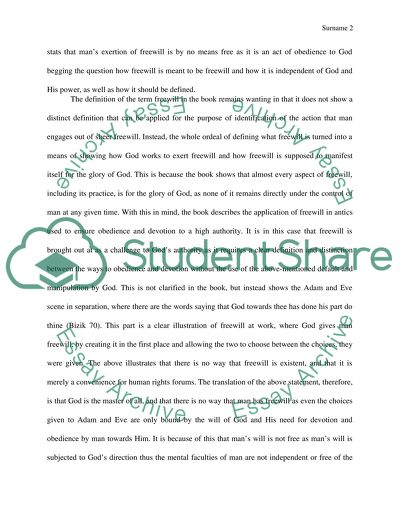Cite this document
(“Research paper on Milton's Paradise Lost Example | Topics and Well Written Essays - 1500 words”, n.d.)
Retrieved de https://studentshare.org/english/1471345-research-paper-on-milton-s-paradise-lost
Retrieved de https://studentshare.org/english/1471345-research-paper-on-milton-s-paradise-lost
(Research Paper on Milton'S Paradise Lost Example | Topics and Well Written Essays - 1500 Words)
https://studentshare.org/english/1471345-research-paper-on-milton-s-paradise-lost.
https://studentshare.org/english/1471345-research-paper-on-milton-s-paradise-lost.
“Research Paper on Milton'S Paradise Lost Example | Topics and Well Written Essays - 1500 Words”, n.d. https://studentshare.org/english/1471345-research-paper-on-milton-s-paradise-lost.


